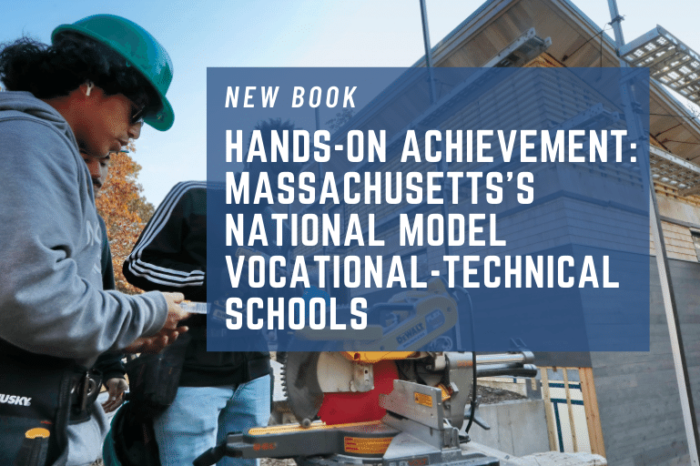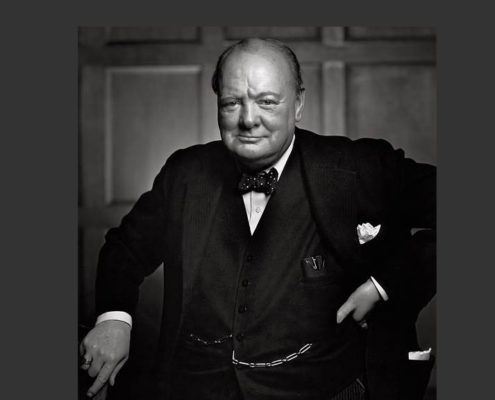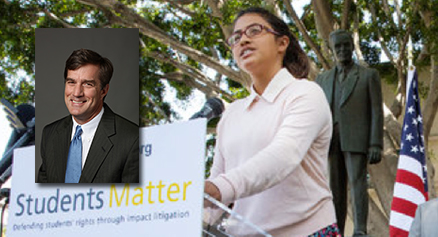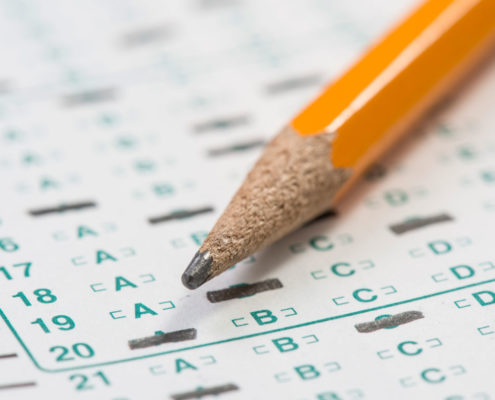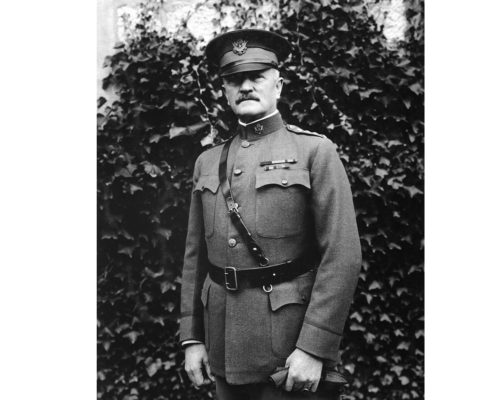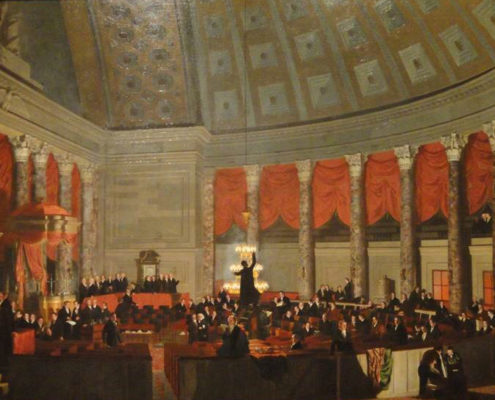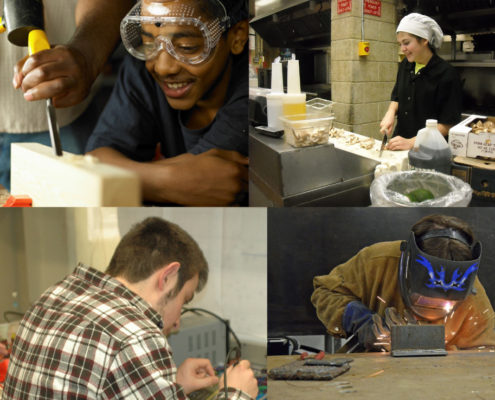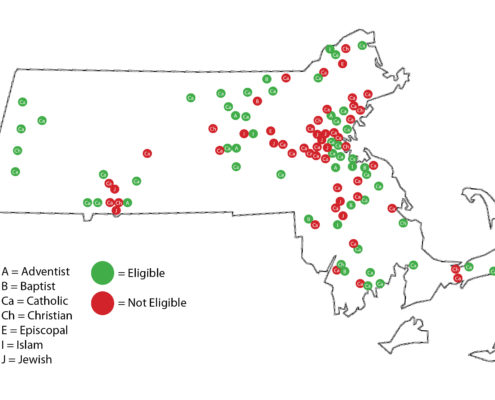Book Finds Massachusetts Voc-Tech Schools Are National Model, Calls for Expansion
Schools mix strong academic performance with world-class training, but excellence is threatened by recent changes to admissions policy.
BOSTON (June 8) — Massachusetts vocational-technical schools — boasting minuscule dropout rates, strong academic performance, and graduates prepared for careers or higher education — should be expanded to meet growing demand, according to a new book published by Pioneer Institute.
“Holding voc-tech students to the same academic and graduation requirements as students in comprehensive public high schools was one of the most transformative elements of the Commonwealth’s 1993 Education Reform Act,” said Pioneer Executive Director Jim Stergios. “Massachusetts is now the unquestioned leader in vocational-technical education, with graduates among the best-prepared to compete in the global economy.”
“Hands-On Achievement: Massachusetts’s National Model Vocational-Technical Schools” traces the history, development, and status of the state’s voc-tech sector.
“Today, manuals used by plumbers and major appliance repair personnel are written at up to a grade 14 level,” said Jamie Gass, Pioneer’s director of school reform. “Auto technicians aren’t just ‘gearheads’ anymore. They do more analysis of computerized diagnostic equipment than turning wrenches.”
The state’s more than 52,000 voc-tech students alternate weeks between academics and shop work. With only half the academic instruction time, they match or exceed the academic performance of students in the state’s other public high schools.
Voc-tech schools in Massachusetts:
- Teach more students with special needs (24% 19% statewide)
- Enroll more low-income students (44% 39% statewide)
- Have lower dropout rates (0.6% 1.8% statewide)
“Massachusetts voc-techs have succeeded thanks to a combination of operational autonomy, being schools of choice, rigorous instruction, and relationships with local businesses,” said co-editor David Ferreira, a former executive director of the Massachusetts Association of Vocational Administrators.
Voc-tech schools have advisory councils and enjoy close relationships with local business communities that provide state-of-the-art equipment, training, co-op programs, and a direct career path for many voc-tech graduates.
Among the book’s recommendations:
- Expand voc-tech education to serve the 52 communities, primarily in Berkshire and Hampshire counties, not currently in a regional voc-tech district.
- Utilize available public-school space to accommodate the 5,000 students on voc-tech waiting lists.
- Grant all voc-tech schools the same autonomy over budgets, curriculum, and staffing currently enjoyed by regional voc-tech districts.
“Hands-On Achievement” also warns against recent changes to voc-tech admissions policies that threaten these schools’ success, such as disregarding applicants’ behavioral and attendance records, which are critical considerations at schools where students need extensive training on operating sophisticated machinery.
Moving toward lottery admissions runs the risk of a mismatch between students and schools, undermining the principle that students actively choose the voc-tech model and potentially misallocating public resources, given that it costs taxpayers about $5,000 more on average to educate a student at a voc-tech school as opposed to a traditional high school.
###
For more information or to schedule interviews with the authors or editors of the book, please contact Lizzie Nealon at 202-471-4228 ext. 103 or lizzie@keybridge.biz.
About Pioneer Institute
Pioneer Institute is a think tank dedicated to developing ideas that advance prosperity and a vibrant civic life in Massachusetts and beyond. The organization produces research almost exclusively through outside experts to ensure credibility, and acts as a resource for legislators on Beacon Hill and for staff in the State’s executive offices.
Get Updates on Our Education Research
Related Content
- The Washington Post: What’s better for disadvantaged students, trades or college?
- Commonwealth Magazine: In Mass., vocational success – and admissions debate
- Cato Institute Friday Feature: Massachusetts Vocational??Technical Schools
- The Rod Arquette Show: Can Vocational-Tech Schools Help Curb Student Loan Problem in America?
- The Daily Signal Podcast: How Vocational-Technical Schools Are Helping Students Achieve the American Dream -Pioneer’s book
- Beacon Center of Tennessee
- Pegasus Podcast: Hands on Achievement: Massachusetts’s National Model Vocational-Technical Schools
- Pioneer Institute Webinar Part 1
- The Learning Curve Podcast: David Ferreira & Chris Sinacola on MA’s Nation-Leading Voc-Tech Schools

